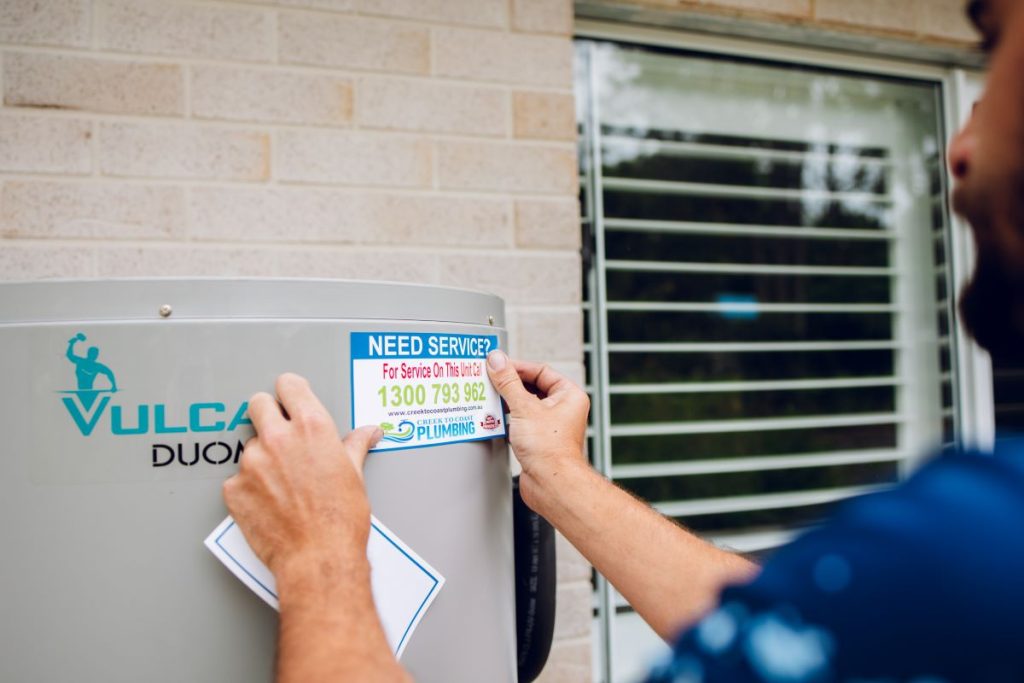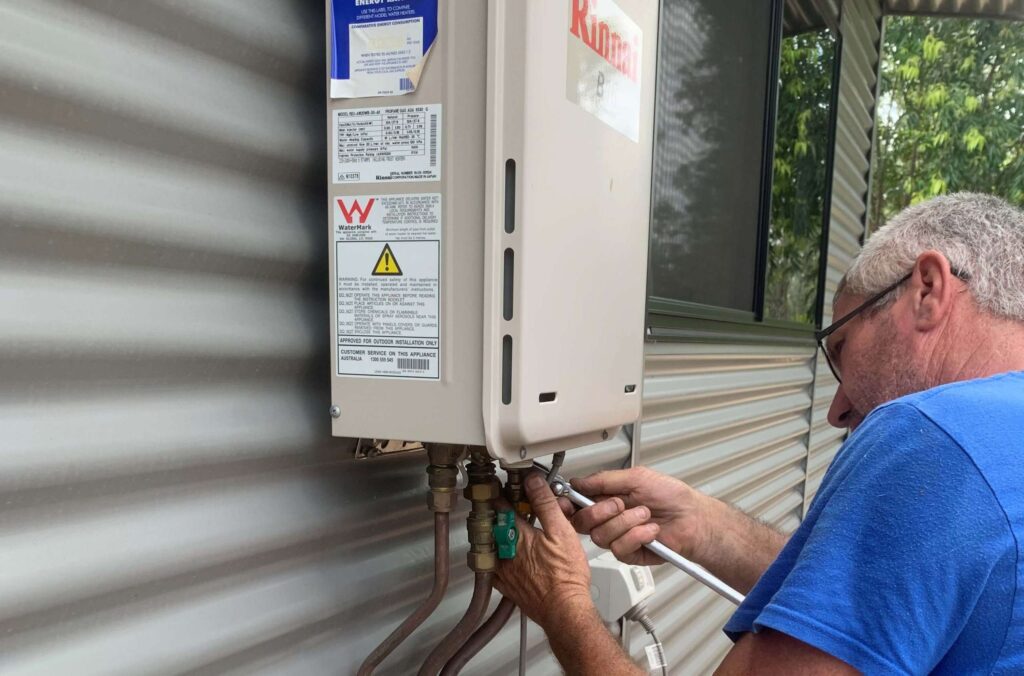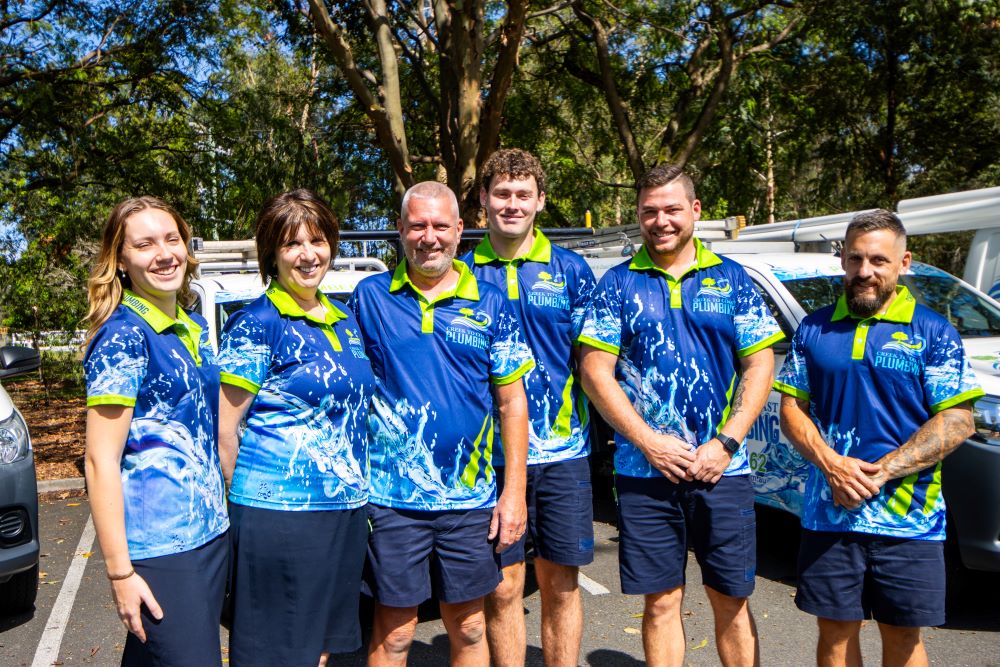If you are contemplating the installation of a solar hot water system in Queensland, it is crucial to understand the significance of booster systems. These systems play a pivotal role in ensuring that your hot water supply remains reliable and efficient throughout the year. Are these booster systems a necessity for your solar hot water setup? What challenges might you face if you choose not to integrate this crucial component? Addressing these questions is vital for homeowners who wish to optimize their hot water efficiency and maintain a consistent supply, regardless of weather conditions or energy demands.
The answer to your inquiry is a definitive yes — a booster is indispensable. In this detailed guide, we aim to explore the operational mechanisms of solar hot water systems, the specific conditions that trigger the activation of boosters, and essential insights that homeowners in Queensland must consider to avoid unpleasant surprises like cold showers, thereby ensuring a dependable hot water supply all year round.

Discover Why Boosters Are Essential for Your Solar Hot Water System
A booster serves as a vital secondary heat source, typically powered by either electricity or gas, designed to heat your water supply when solar energy is insufficient. This functionality is critical for ensuring a constant supply of hot water, especially during specific situations such as:
- Days with overcast skies or rain when solar energy generation is limited
- Early mornings or late evenings when sunlight is scarce
- Winter months characterized by shorter daylight hours that impede solar energy collection
- High-demand scenarios, such as multiple showers or laundry loads occurring simultaneously
Without a booster, your solar hot water system may struggle to provide consistent hot water, particularly during peak usage periods or when weather conditions are unfavorable. Understanding the role of a booster is therefore essential for enhancing your hot water experience and ensuring comfort in your home.
Choosing Between Electric and Gas Boosters for Optimal Efficiency
Electric Boosters are commonly used in households that rely solely on electricity. These systems automatically heat the water whenever solar energy input falls below a specified threshold. The advantages of electric boosters include:
- Widely available and easy to install, making them a popular choice among homeowners
- Lower initial installation costs compared to gas systems, making them budget-friendly
- Automatically operates to ensure hot water availability, significantly enhancing convenience
- Potentially higher ongoing operating costs, which may vary based on your energy tariff
Gas Boosters, conversely, are often favored in homes with an existing gas supply. They provide on-demand heating, activating only when hot water is required. The benefits of gas boosters include:
- Rapid and efficient heating capabilities, ensuring hot water is available quickly
- Generally lower ongoing operational costs compared to electric boosters, leading to considerable savings in the long run
- Higher upfront installation costs if a gas connection is not already available, which may necessitate additional investment
For households with continuous-flow needs or those transitioning from off-grid solar systems, we strongly recommend considering gas boosters due to their efficiency and superior performance benefits, ensuring that your hot water needs are consistently met without interruption.
Seamlessly Integrating Solar Boosters into Your Hot Water System
Most solar hot water systems are designed with a thermostat or sensor that continuously monitors the water temperature. When the temperature drops below the required level—typically set at 60°C for health compliance—the booster system automatically activates, ensuring that you have access to hot water, regardless of external conditions or weather changes.
Homeowners can choose between two operational modes:
- Manual Boosting: This option allows you to control the timing of the booster system activation, providing you with greater flexibility.
- Automatic Boosting: This mode permits the system to engage the booster only when necessary, enhancing convenience for users.
In Queensland, automatic boosters are more commonly utilized due to their alignment with local regulations and the convenience they offer homeowners, ensuring peace of mind and a consistent hot water supply throughout the year.

Key Regulations Governing Solar Hot Water Systems in Queensland
According to the Queensland plumbing regulations, it is mandatory for a compliant solar hot water system to reliably supply hot water year-round. This requirement inherently implies that a booster is crucial for both compliance and functionality.
This regulation also serves a significant safety standard. To prevent the proliferation of harmful bacteria, such as Legionella, hot water must consistently maintain a temperature of at least 60°C. Without a booster, achieving and sustaining this temperature can become increasingly challenging, particularly on cloudy or cold days when solar energy input is inadequate.
Recognizing Common Issues with Your Solar Booster System
How can you ascertain whether your booster is functioning correctly? Watch for these common signs:
- Water that remains lukewarm during the colder winter months, which may indicate a potential issue
- Experiencing cold showers in the mornings, even after sunny days, suggesting inadequate heating
- System fault indicators or error codes appearing on your unit, signaling possible malfunctions
- Hot water only available after extended exposure to sunlight, indicating insufficient heating capacity
What steps should you take?
If your system is underperforming, the problem could reside in the booster rather than the solar panels.  Schedule a comprehensive system check with our professional team to efficiently identify and resolve any issues.
Schedule a comprehensive system check with our professional team to efficiently identify and resolve any issues.
Optimal Service Intervals for Maintaining Solar Boosters
To ensure your solar system and booster function at their best, we recommend scheduling maintenance every 2–3 years. However, you may need to arrange for servicing sooner if you notice:
- Your system is older than five years, which can result in declining efficiency
- Inconsistent water temperatures, indicating potential malfunctions or wear
- Significant time has elapsed since the anode rod or valve was inspected, which can adversely affect overall performance
Regular maintenance not only prevents breakdowns but also guarantees that your booster activates when necessary, providing you with consistent hot water during peak times, thus enhancing your overall comfort and satisfaction.
Evaluating the Impact of Boosters on Your Energy Expenses
A well-installed and properly maintained booster system generally has a minimal impact on your energy bills, especially compared to systems that depend solely on electricity for heating water. This efficiency is crucial for managing household expenses over time.
To minimize the frequency of booster usage and associated costs, consider implementing these strategies:
- Install a timer for manual boosters to optimize energy usage effectively and reduce wastage
- Utilize hot water primarily during daylight hours when solar energy is abundant and more cost-effective
- Insulate your pipework to minimize heat loss, enhancing overall efficiency and reducing energy consumption
Expert Support for Your Solar Booster Needs in Queensland
We offer comprehensive services for the supply, installation, and maintenance of solar hot water systems with boosters throughout Caboolture, Moreton Bay, and North Brisbane. If you are unsure about the functionality of your booster or need assistance determining the best type for your system, we are here to guide you through your options and ensure you make an informed choice.
 Contact a qualified solar plumber today for expert advice on your system.
Contact a qualified solar plumber today for expert advice on your system. Explore detailed cost comparisons and various system types here to make an informed decision that best suits your needs.
Explore detailed cost comparisons and various system types here to make an informed decision that best suits your needs.

Your Questions About Solar Boosters Answered
Can I turn off my booster to save energy?
Yes, you can, but this is only advisable if your system allows for manual control. However, exercise caution—without proper monitoring, the risk of experiencing cold water increases significantly, especially during high-demand periods.
What is the ideal temperature for hot water?
Hot water should reach a minimum of 60°C for storage systems. This temperature is not only a legal requirement but also a crucial health standard in Queensland to ensure safety and prevent bacterial growth, making it essential for homeowners to be aware of.
Is it possible to add a booster to an existing solar system?
Absolutely! We can retrofit boosters onto compatible systems or assist you in upgrading to a new model that features integrated control for enhanced functionality and efficiency, ensuring that your hot water needs are effectively met.
The Article: Solar Hot Water Systems: Is a Booster Necessary? first appeared on https://writebuff.com
The Article Booster for Solar Hot Water Systems: Is It Needed? Was Found On https://limitsofstrategy.com
The Article Booster for Solar Hot Water Systems: Do You Really Need It? First Appeared ON
: https://ad4sc.com

